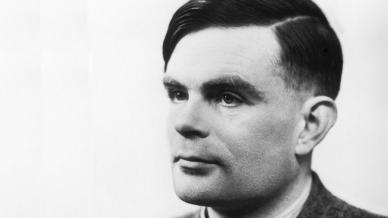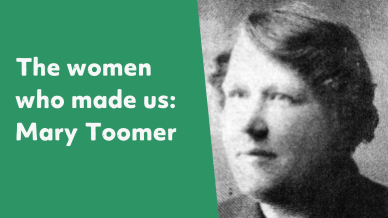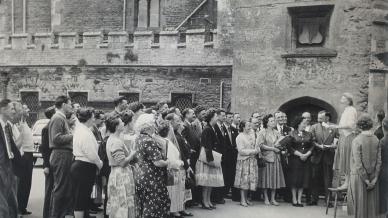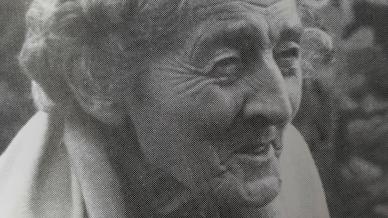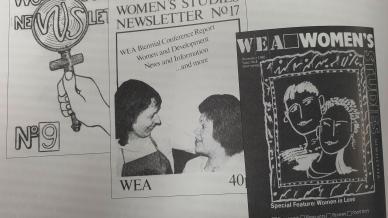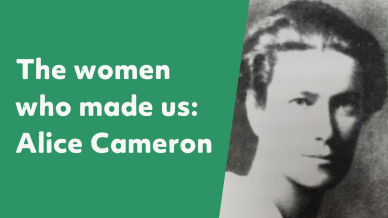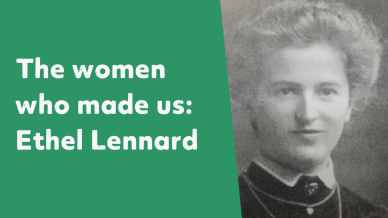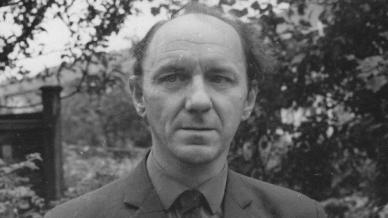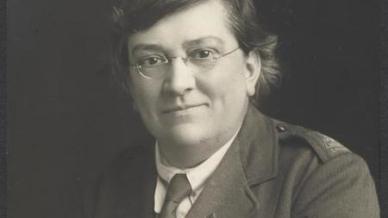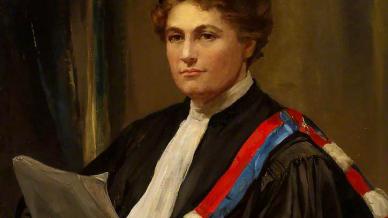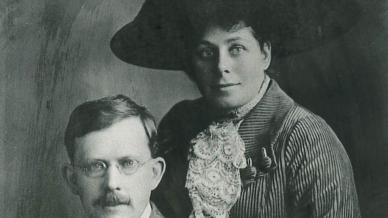Born in London in 1912, Alan Turing showed an exceptional flair for maths and problem solving from an early age. By the age of just 22, he had graduated and been made a fellow at King's College Cambridge. But it was two years later, in 1936, that Turing made an everlasting impact on the world.
He published "On Computable Numbers, with an Application to the Entscheidungs problem"; a piece that has been named 'the most influential maths paper in history'. In it, he formulated the mathematical language and devised a machine that changed the concept of computing from theoretical to tangible.
As well as putting into motion the creation of computers, Alan Turing's contributions to the war effort cannot be understated. During WWII, Turing and a team of cryptographers secretly worked to decipher the German enigma code.
By inventing these code-breaking machines, named Bombes, Turing helped to turn the tide of the war. Official war historian, Harry Hinsley, claims that it shortened the war by two years and saved more than 14 million lives!
However, despite Alan Turing's world-changing contributions, he lived at a dark time in British society when being gay was illegal. In 1952, Turing was arrested for 'gross indecency' and forced to choose between prison time and chemical castration. By choosing the latter, his special clearance for work was revoked. In 1954, Turing was found dead from cyanide poisoning, classed as suicide.
To learn more about LGBT+ history month, please visit https://lgbtplushistorymonth.co.uk/
